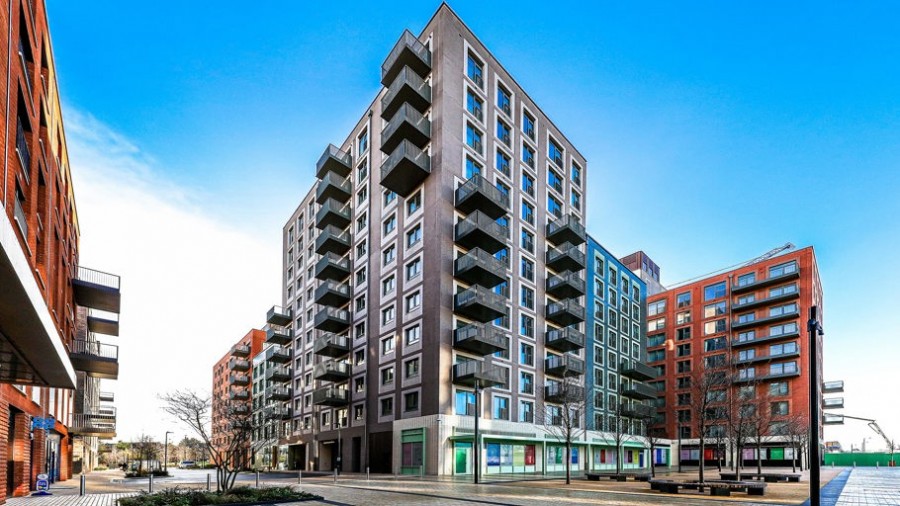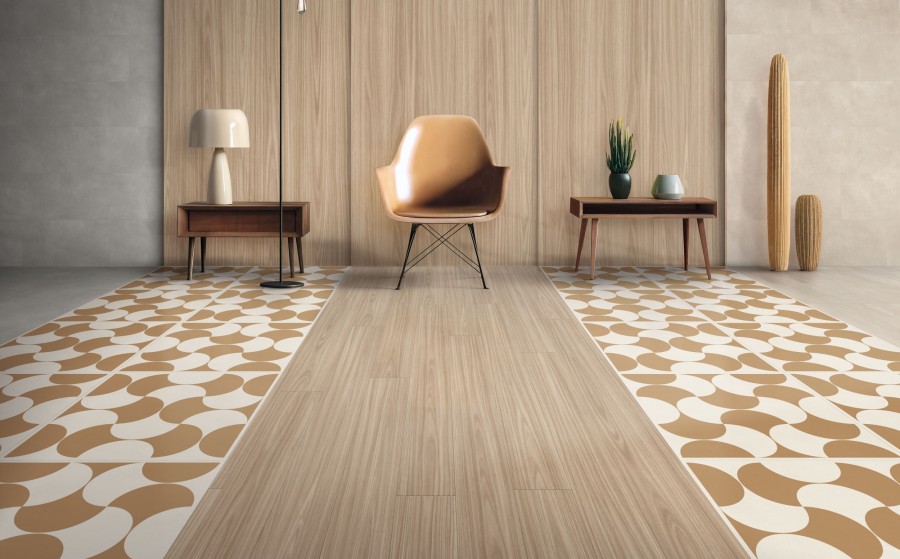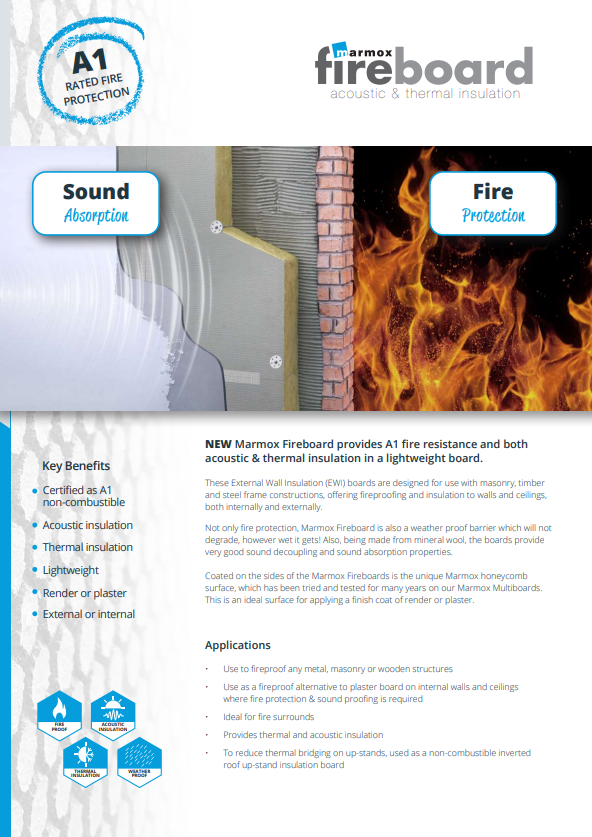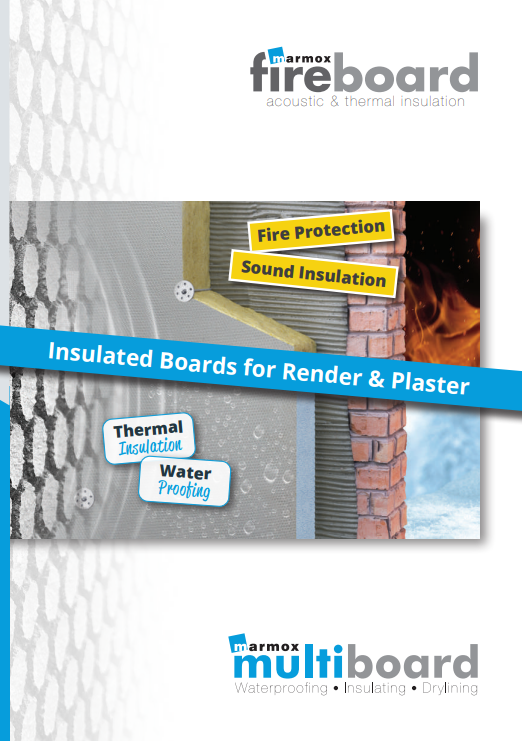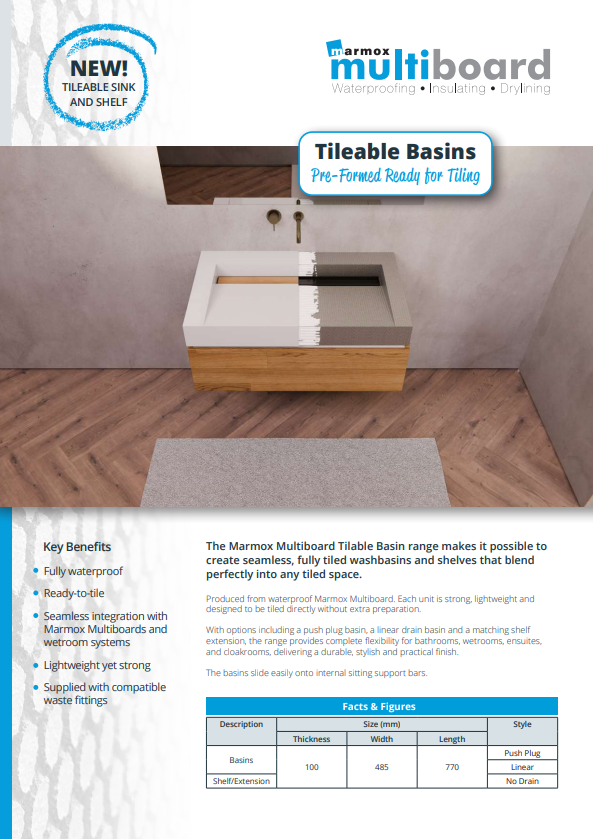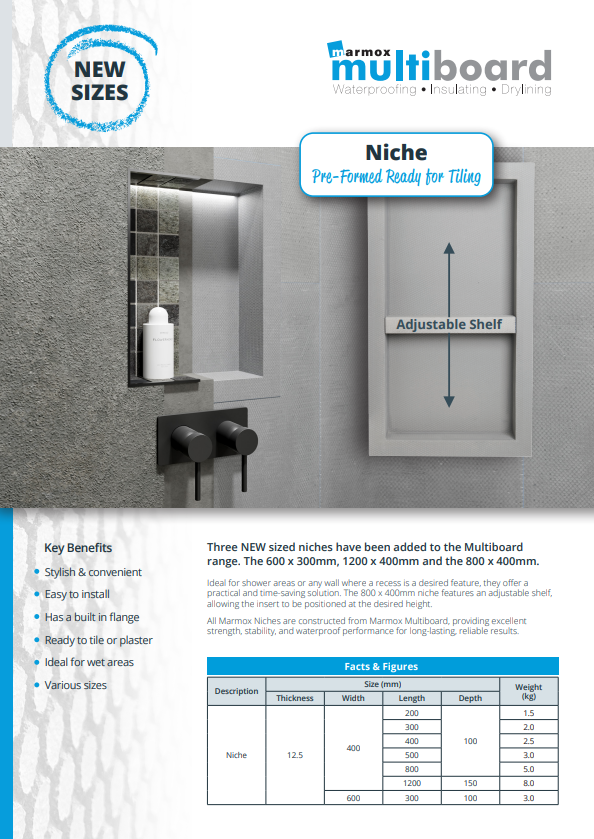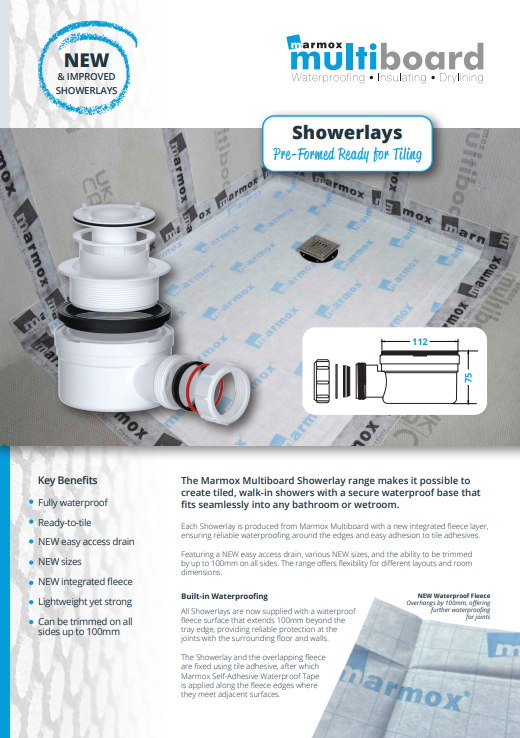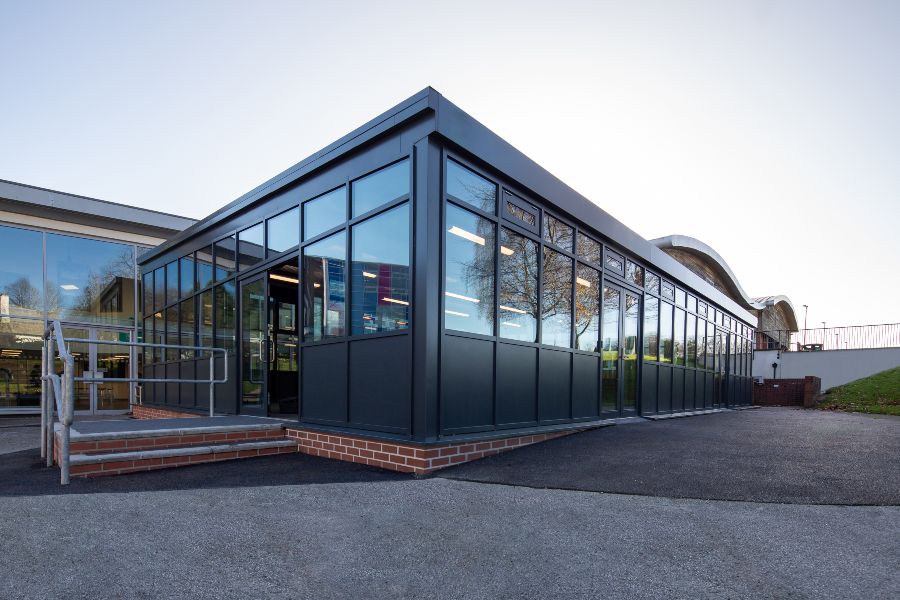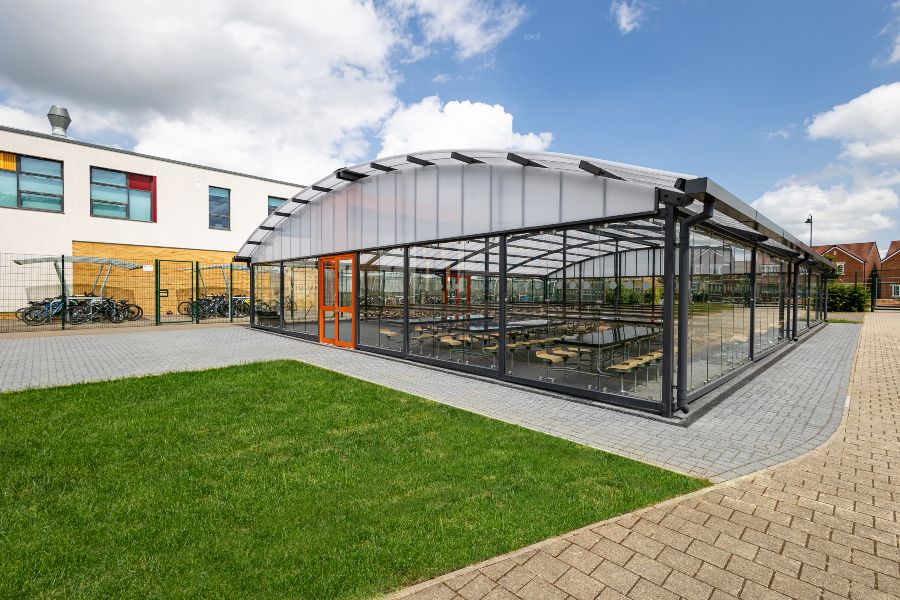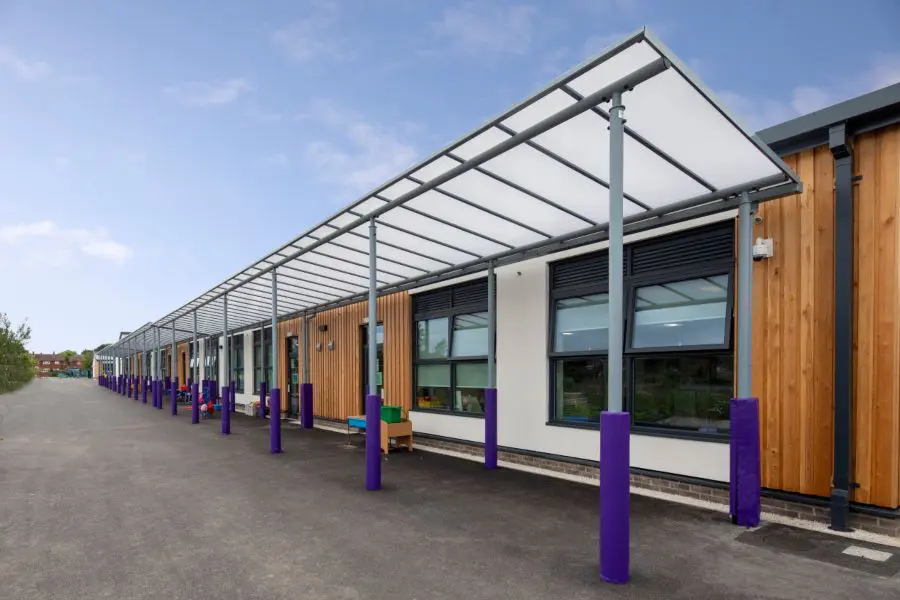Protective finishes have developed over the last decade and now offer specifiers of building materials some very substantial, long lasting finishes. The selection of applied finish and what is suitable for which location may not be as simple to determine. Fortunately there are now specialists on hand to advise in the right finish for the project, which offer a lifetime solution.
Not to long ago we were producing architectural hardware in steel, such as windows and balustrading, installing these items on site and then giving them a traditional coating of wet paint for protection and aesthetic reasons. The painted finishes were not always applied correctly and often the paint needed to be re-applied every 5 years or so. In today‚s market, where sustainability of coatings is an important issue, we need to look at alternative methods of protecting our architectural hardware.
Finishing is rapidly becoming a major specification item, we expect our buildings to look smarter for longer, with less maintenance. Sadly, we still see many new buildings which are not looked after at all and in today‚s tight market this will continue as routine maintenance is cut to save running costs.
So we need a very long life finish which requires the minimum of maintenance to keep it‚s good looks and protect the structure of the product. One of the most sustainable products available, both in life expectancy and environmentally friendly terms, is polyester powder coating.
Polyester is a very safe material and is used in many of our consumable products today. To coat architectural hardware, it is produced in powder form complete with final colour to very stringent quality control standards. The metal product to be coated undergoes an extensive multi process pre-treatment clean and is then hung on an earthed production line where the powder is attracted to the product though electrostatic applicators. The product then continues down the production line and is Œbaked‚ in a continuous oven where the powder melts and forms an even and very resilient finish to the product.
Sounds a very simple process, but the machinery involved is a costly investment and tight quality control must be in place to offer a consistent and high quality finish. Fortunately we have a global quality association, ŒQualicoat‚, that monitors their members powder coat output to maintain a very high standard and consistency of finish. In order to join Qualicoat potential members have to meet a minimum high standard of processing equipment and then undertake several inspections for quality before being accepted. All this ensures the final customer gets the highest quality of finish with the least risk of failure within the guarantee period when ŒQualicoat‚ is specified.
So what are the hidden processes behind powder coating which may be harmful to the environment? Well none really, the pre-treatment chemicals can be neutralised prior to disposal in normal effluent methods which is very strict in all parts of the UK and Ireland today. The baking of the powder gives off no toxic fumes. Even when the product is eventually recycled on steel or aluminium, the powder does not emit toxic fumes and all gasses are usually captured in modern reprocessing plants today and burnt off at high temperature. Compare this process to the Œwet paint‚ systems which we used to use, which relied on suspensions of petroleum products that were allowed to evaporate into the atmosphere to allow the paint to cure. Fortunately today, many wet paint systems use water based suspension systems, but none can match the resilience and life expectancy of powder coating.
So what can I apply powder coating to? Commonly the material which we see powder coated is aluminium in the form of building fenestration, cladding panels, roofline products, column pressings, street furniture and rainwater goods. More recently steel products are being coated in ever increasing numbers which opens up the process for railings, gates, staircases , in fact any item which can be transported in part or whole prior to installation. Consider a fire escape which needs to be coated in order to minimise maintenance and maximise aesthetics, they can now be coated in very wide range of colours to suit any project.
To add to the reliance of the powder coat finish even further, in harsh environments, galvanised products can also be easily coated in the process. So where once we had to rely on just galvanising for protection we can now add a further finish for aesthetics and further protection of the galvanising. We must remember that the Zinc used in galvanising is used as a Œsacrificial‚ coating. It will over time protect the steel by slowly eroding, but by adding a further coating, which is as substantial as powder coating, all but stops this erosion.
The Galvanizing Association quotes typical proven rates of decay in corrosive environments, so for example, C4 and C5 classes used in swimming pool and seafront applications, the rate of degradation of the zinc coating is 4-8 microns per year. On a typical 80 micron thickness galvanizing life expectancy would be 10 to 20 years. It would be fair to say that the rate of degradation of the zinc coating at the coast is more than 10 times that of normal atmospheres and hence a further protective coat would help resist this.
So what about the guarantees? Powder coating can be provided with a 30 year guarantee in normal use, but that‚s just the guarantee which covers UV fading to pretty tight tolerances, well maintained, powder coating can achieve a much longer lifetime. If the finish is damaged in use or worn over time powder coating on any surface can easily be repaired in place, or if physically possible, transported to be re-coated after being cleaned of its original finish.
If a powder coat product gets a simple clean down on a reasonable regular basis with no more than a mild detergent and water and then rinsed down with clean water the product will perform exceptionally well. Like any other product left open to the elements, if there is no maintenance, staining of the surface will gradually appear. By using products which are a little more abrasive, the original finish could be restored but with a possible shortening of life expectancy.
So what about maintenance and what should we be looking for? Well it should be based ideally on Œpreventive maintenance‚. All building will need a Œtop to toe‚ clean from time to time to clean and also inspect for damage and potential early failure of not just finishes, but seals, and other structural elements. When undertaken correctly Œpreventive‚ maintenance should bring the building back to new appearance and be supplemented with a list of repairs which vary in importance. Catching problems early, is very cost effective, leaving a problem until it is a real issue will cost the building owner dearly and often to the costs of removal and replacement of elements of the building envelope. To avoid this we need to undertake Œcorrective maintenance‚, this may be an onsite repair of a seal or scratch to a powder coat finish often at minimal cost.
Should a building fall further behind in maintenance terms and become untenable due to envelope problems and aesthetics, we begin to look at more invasive forms of repair which can be the replacement of part or of all the envelope. But before such work should be entered into there are new cleaning systems and protection systems now becoming available in the UK from abroad and whilst more costly than routine cleaning, these systems can be much more cost effective than replacement. We would group this type of work in to the Œremedial work‚ category.
Specialists do exist in the advanced specification of coatings to suit all building projects. Choosing the correct finish for your needs and adopting a minimal maintenance routine will give the building owner many years of trouble free life. These same companies can be consulted on failures or repair of powder coat finishes and can offer advice of what can be done and that does not just mean a suggestion to replace the building envelope.
Sprint Coatings, formerly Goodbody Powder Coatings, are available to advise on all forms of building projects from new installations and the correct specification, through to suggested maintenance and possible remedial work. Sprint have exclusive partnering arrangements with the complete supply chain for all architectural products and their repair, and very are happy to advise on any project large or small.
Further advice on the services being offered by Sprint Coatings, please visit their website at www.sprintcoatings.com or call their offices on 0 (+35) 3 1861 2988.








